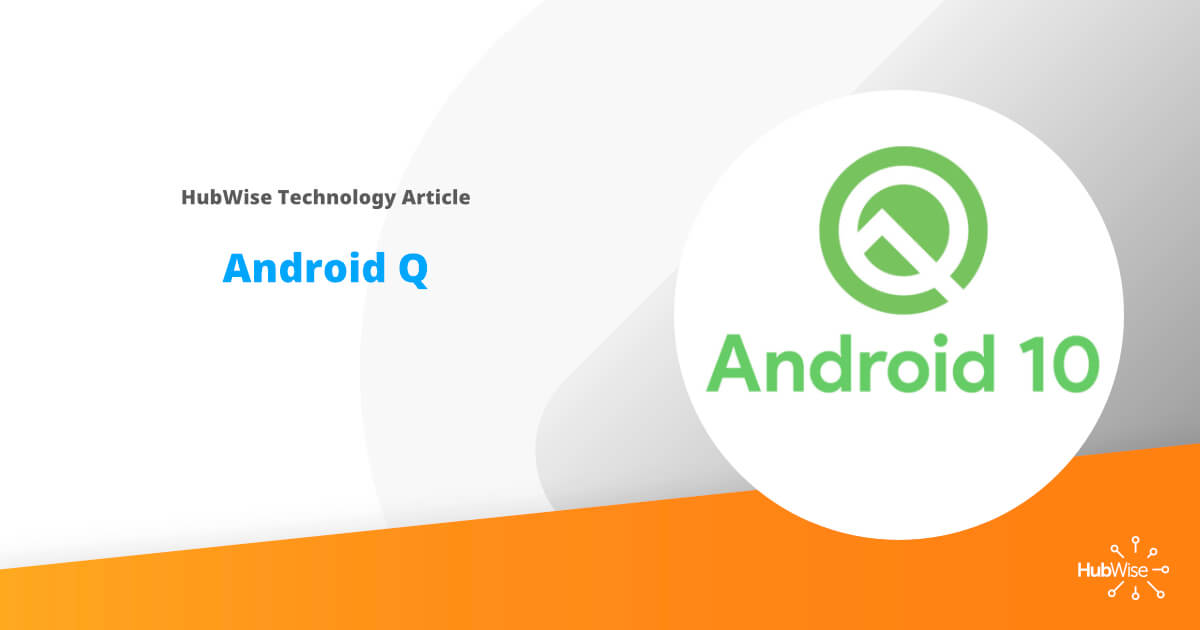
Android Q
Android Q, the latest operating system for Android phones, is right around the corner, coming out in quarter 3 of 2019. Here is what to expect in the transition and how the Android experience will change.
The changes most users will notice immediately are cosmetic. Android is moving to a more minimal feel with the removal of the back, home, and app tray buttons that would typically be found at the bottom of the display. This is being replaced with a variety of gesture support surrounding fundamental tasks on the phone. These will include swiping up to get to the app drawer, swiping right to go back a page, etc. The beautiful thing about Android is, if you miss the buttons, there are launcher apps that can be installed which functionally change aspects of your home screen.
The other large cosmetic change is the implementation of a system wide dark mode. This will allow you to set a black theme with an accent color in any operating system specific context menu. In conjunction with this, there is also a rumored theme overhaul. This would likely mean the ability to change fonts and generally create a more personalized, coherent experience.
Q will also be receiving some new accessibility features. The most exciting is Live Caption. This is a feature that can create closed captioning in real time from any kind of media with spoken words. This functionality works in videos, podcasts, games, or music.
Rounding out the major updates are some security changes. Most apps today will ask permission to use certain services on the phone. From there, yes or no can be selected and you can carry on with the app if a critical service was not declined. What is new in Q is the ability to allow and deny, but also to allow only when the app is in use and active. This will mean less battery consumption for apps that may use GPS or scan for Wi-Fi in the background. It is also a great privacy quality of life change.
